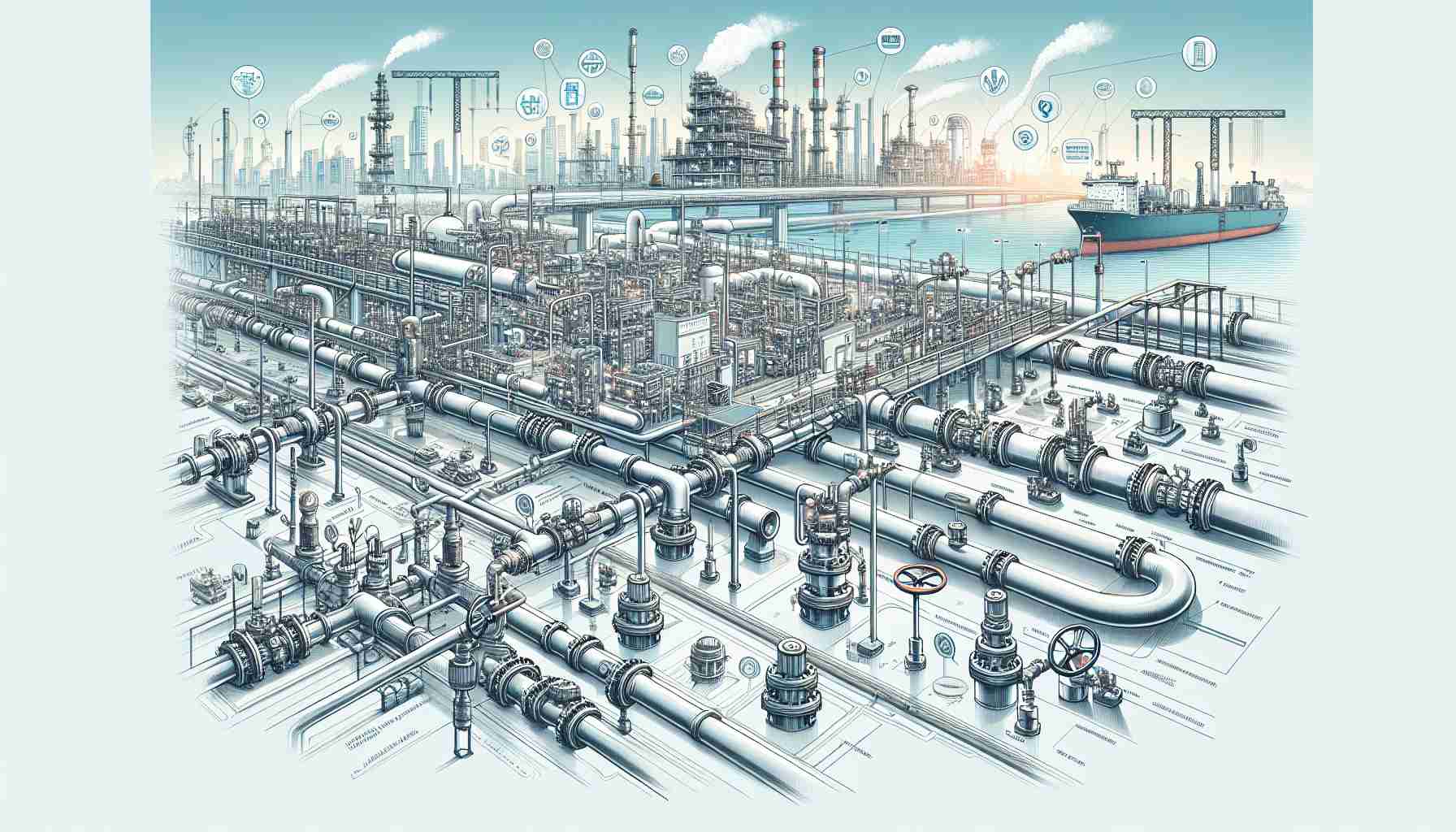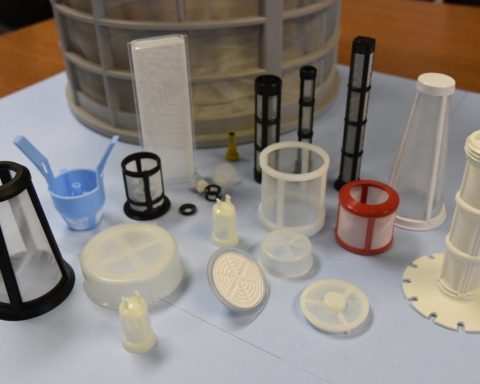As the world races towards cleaner energy solutions, hydrogen is emerging as a frontrunner. Its abundance, versatility and clean-burning nature make it a promising fuel for various applications, from transportation and power generation to industrial processes. However, harnessing hydrogen’s potential requires a robust infrastructure built on specialized engineering solutions. In this intricate framework, industrial valves play a critical role, ensuring both the safety and efficiency of hydrogen operations.
A specialized field within the broader spectrum of chemical engineering, hydrogen engineering focuses on the safe and efficient production, storage, transportation and utilization of hydrogen. Industrial valves are a cornerstone of this field, meticulously designed and engineered to manage hydrogen’s unique properties.
Unlike traditional fuels, hydrogen is the smallest molecule, making it highly diffusive and prone to leaks. Additionally, it can cause embrittlement, weakening certain materials over time. These characteristics necessitate specialized valves crafted from hydrogen-compatible materials and designed to minimize leakage and maintain structural integrity.
Danish Craftsmanship Meets Cutting-Edge Hydrogen Technology
Countries like Denmark are at the forefront of hydrogen innovation. Danish companies, renowned for their craftsmanship and commitment to sustainability, are developing and manufacturing high-performance hydrogen valves.
These valves are built to withstand the demanding conditions of hydrogen applications, often utilizing special alloys and incorporating meticulous machining techniques to prevent leaks and embrittlement. The valves are also equipped with robust sealing materials to further ensure tightness and prevent hydrogen from escaping.
The Role of Engineering Services in Shaping the Hydrogen Future
The expertise of engineering services companies is crucial in integrating these specialized valves into hydrogen infrastructure projects. These companies work closely with hydrogen producers, pipeline operators and other stakeholders to select the appropriate valves for each specific application.
Their services include analyzing flow requirements, pressure considerations and safety protocols to ensure the optimal valve selection. Also, engineering service providers can offer valuable guidance on valve installation, maintenance plans and emergency procedures, all critical factors in ensuring a safe and efficient hydrogen system.
How Hydrogen-Specific Check Valves Contribute to Clean Energy Solutions
One specific type of valve that plays a vital role in hydrogen safety is the check valve. Unlike traditional shut-off valves, check valves allow flow in one direction only, preventing unwanted backflow in the system. In hydrogen applications, this function is critical for preventing pressure surges and maintaining system integrity.
Hydrogen-specific check valves are designed with minimal moving parts and low friction to minimize pressure drops and optimize system efficiency. This not only contributes to safety but also ensures the efficient delivery of hydrogen throughout the system.
In conclusion, industrial valves are not simply passive components in the hydrogen infrastructure; they are essential tools for ensuring the safe, efficient and reliable operation of the entire hydrogen value chain. From specialized materials and meticulous design to expert engineering services, every detail of these valves contributes to making hydrogen a viable and sustainable energy solution for the future.
As the hydrogen economy continues to develop, advancements in valve technology will play a central role in shaping a cleaner and more secure energy landscape.






